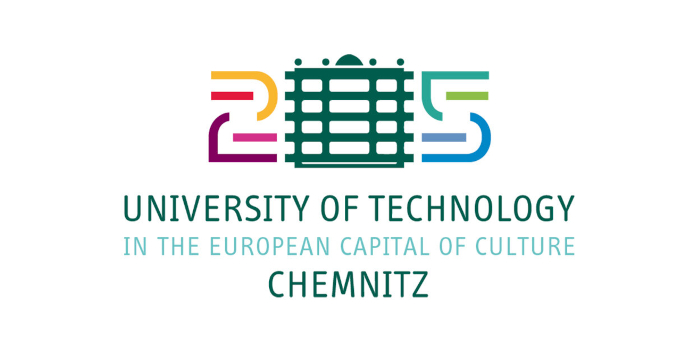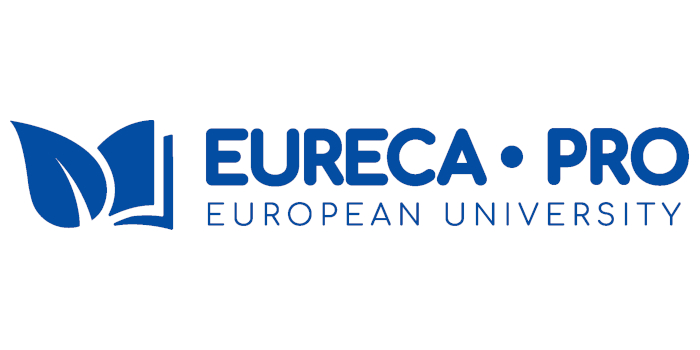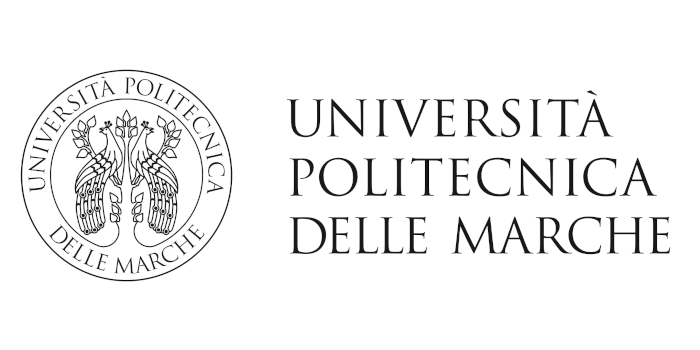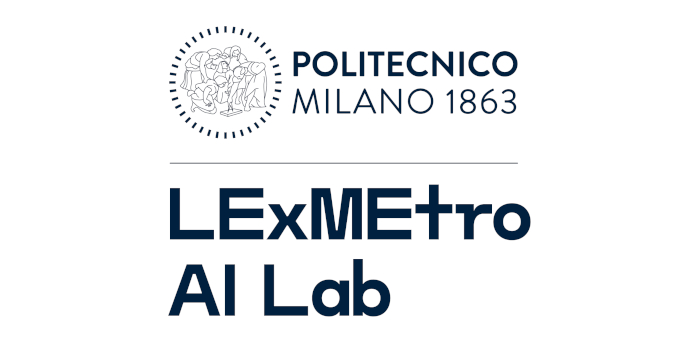THEMATIC SESSION #08
Industry 5.0: Productivity, Sustainability and Enabling Technologies in Human-Centric Manufacturing
ORGANIZED BY
Loredana Cristaldi
Polytechnic University of Milan, Italy
Parisa Esmaili
Polytechnic University of Milan, Italy
Luca Martiri
Polytechnic University of Milan, Italy
THEMATIC SESSION DESCRIPTION
Although Industry 5.0 is still an emerging concept, it clearly calls for a rebalancing of priorities: productivity, sustainability and enabling technologies must be put at the service of people. In a human-centric manufacturing paradigm, advanced tools such as artificial intelligence, collaborative robotics and digital twins are not only designed to increase throughput and efficiency, but also to protect and enhance workers’ physical, cognitive and emotional well-being.
This session focuses on human well-being as an explicit design and measurement objective in Industry 5.0. Contributions are welcome on methods and technologies for assessing and improving workers’ conditions, including (but not limited to) the measurement of stress and fatigue, cognitive load and ergonomics, perception of risk and safety, Human Digital Twins oriented to well-being, and case studies where enabling technologies are used to reduce discomfort and hazards while maintaining high productivity and sustainability. Special attention will be given to approaches grounded in instrumentation, measurement, data analysis and human-centred design.
ABOUT THE ORGANIZERS
Loredana Cristaldi (S’91–M’01–SM’06) received the M.Sc. degree in electrical engineering from the University of Catania, Catania, in 1992, and the Ph.D. degree in electrical engineering from the Politecnico di Milano, Milan, Italy, in 1995. In 1999, she joined the Dipartimento di Elettrotecnica, Politecnico di Milano as an Assistant Professor of electrical and electronic measurements. She is a Full Professor with the Dipartimento di Elettronica, Informazione e Bioingegneria, Politecnico di Milano.
Her current research interests include the measurement of electric quantities under nonsinusoidal conditions, virtual instruments, and measurement methods for reliability, monitoring, and fault diagnosis. Prof. Cristaldi is a Counsellor of the IEEE Student Branch of the Politecnico di Milano and a member of the TC 315 CEI (WG6) and TC56 CEI.
Parisa Esmaili was born in Marand, Iran, in 1988. She received M.S. degree in electrical engineering from Universiti Teknologi Malaysia (UTM) and Ph.D. degree in electrical engineering from the Politecnico di Milano, Milan, Italy, where her research was supported by Fondazione Paolo Foresio. From 2020 to 2022, she was a Postdoctoral Researcher with the Department of Electronics, Information, and Bioengineering (DEIB), Politecnico di Milano, working on innovative sensor and measurement systems for industrial and safety applications, achieving Technology Readiness Levels TRL3–TRL5 in collaboration with industrial partners. She is currently a Junior Assistant Professor (RTDA) with the Politecnico di Milano, within the MICS Extended Partnership funded by the Italian Ministry of University and Research under the EU NextGenerationEU program. Her research interests include electrical and optical measurement systems, industrial sensors and instrumentation, digital twin–based monitoring and maintenance, energy-aware production, and data-driven diagnostic methods.
Luca Martiri received the M.Sc. degree in Computer Science and Engineering from Politecnico di Milano in 2023. He is currently a Ph.D. student in the Dipartimento di Elettronica, Informazione e Bioingegneria at Politecnico di Milano. His research focuses on fault diagnostics in industrial systems and on modeling and analyzing uncertainty in machine learning predictions to improve their reliability.
















